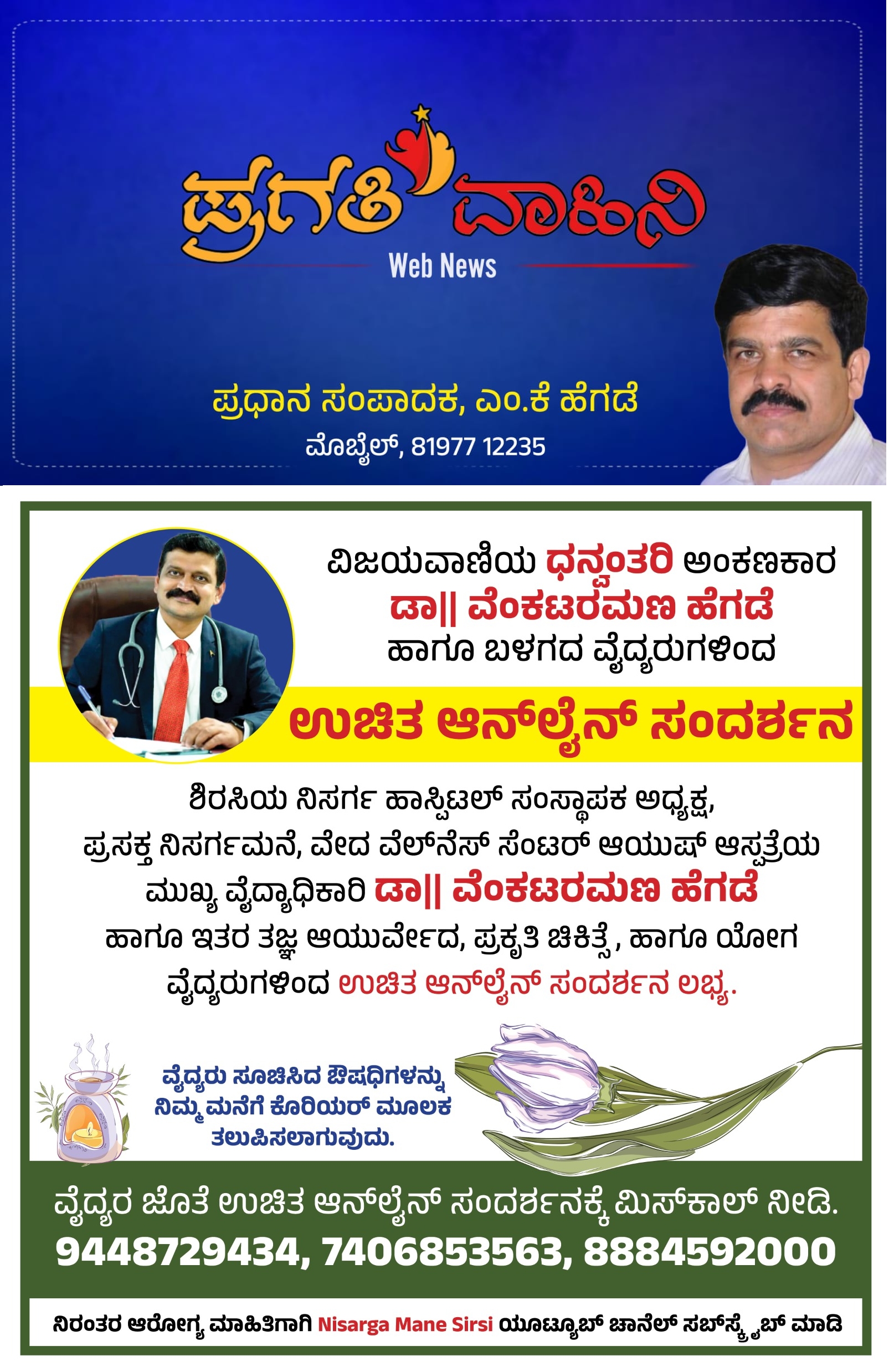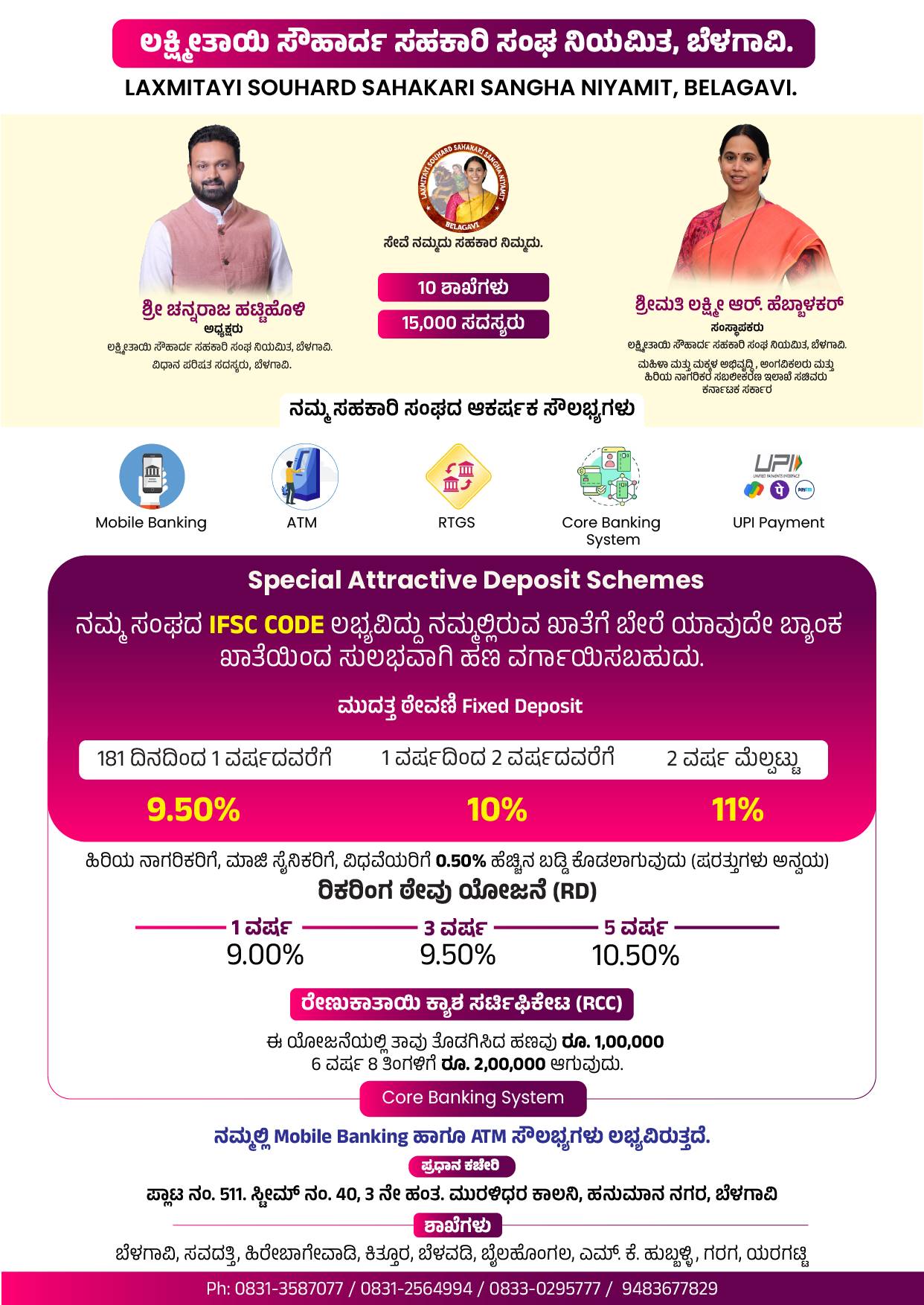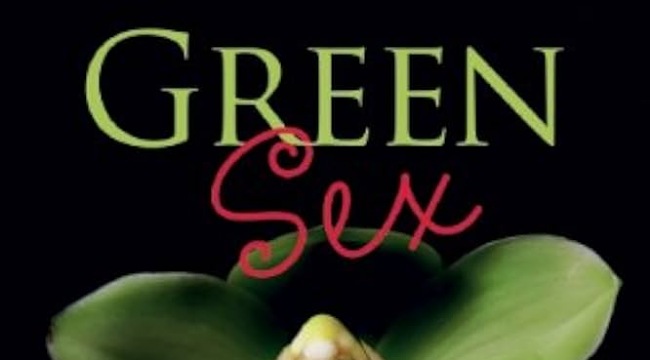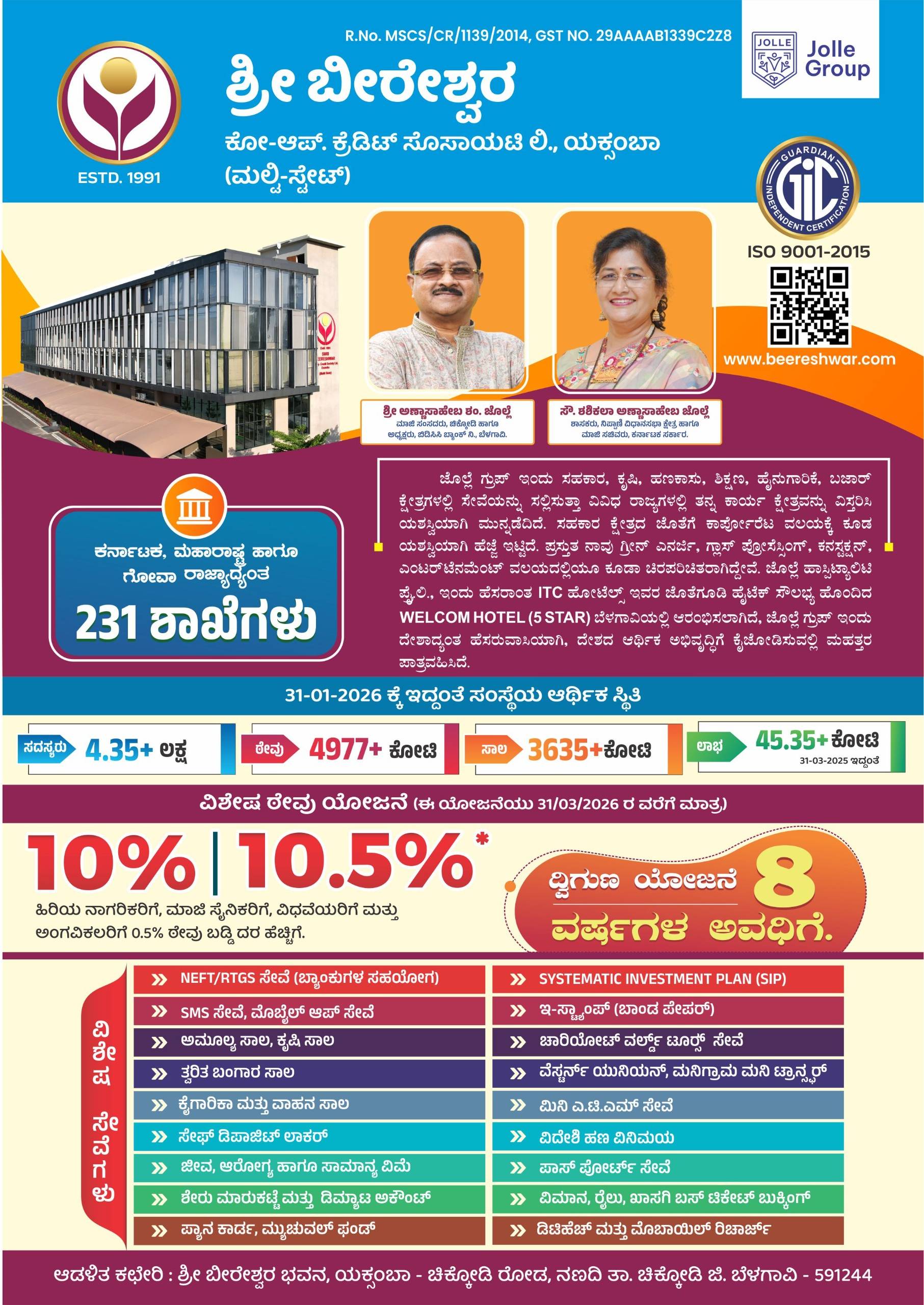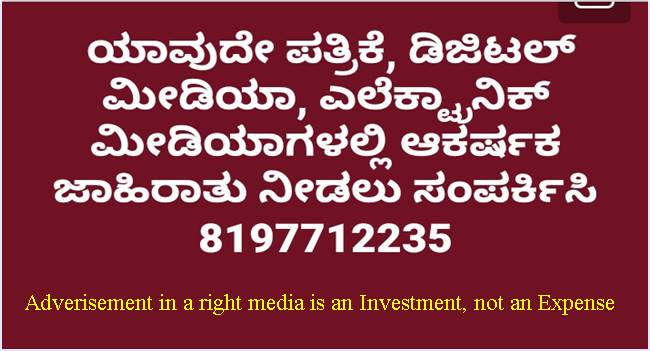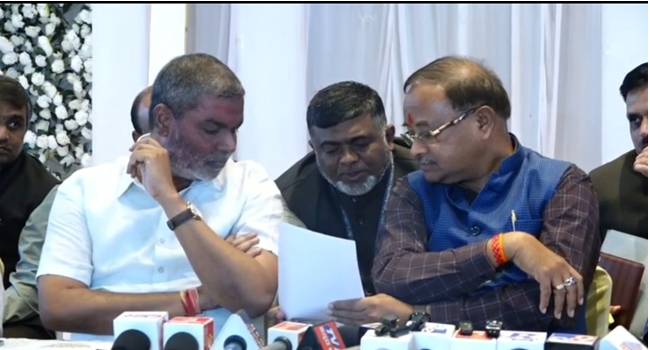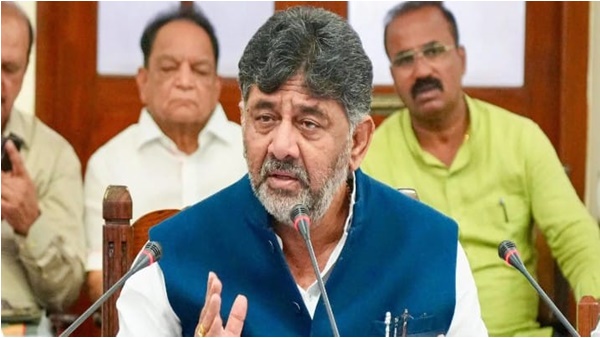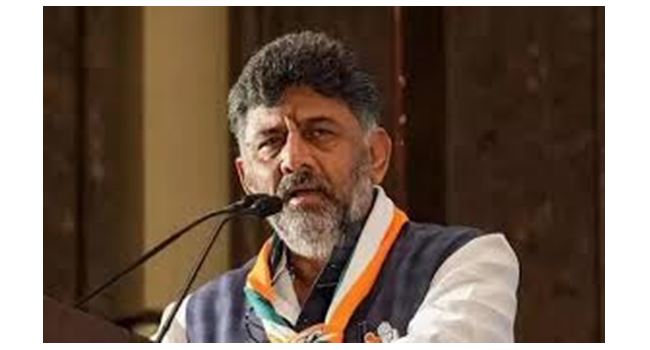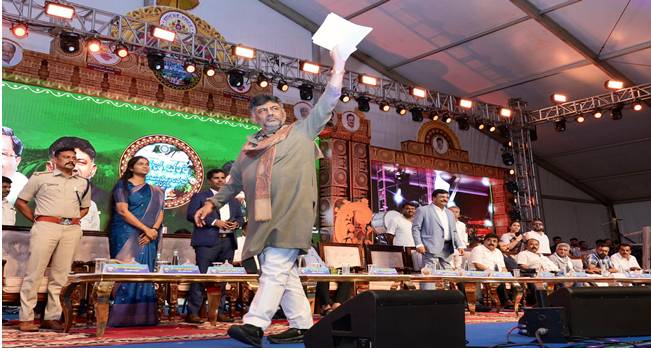New Delhi: A petition has been filed in the Supreme Court praying that Muslim women be allowed to enter and offer prayer/Namaz in mosques.
The petition has been filed by a Muslim couple seeking a declaration that the prohibition on entry of Muslim women into mosques in India is illegal and unconstitutional for being violation of Articles 14, 15, 21, 25 and 29 of the Constitution.
The petition filed through advocate Ashutosh Dubey states that there is nothing in the Quran and the Hadith that requires gender segregation. It is stated that there are diverging opinions among experts in Islamic theology regarding gender segregation.
Hence, the petition resorts to equality envisaged in the Constitution of India to contend that the prohibition of females from entering mosques is void and unconstitutional.
“…such practices are not only repugnant to the basic dignity of a woman as an individual but also violative of the fundamental rights guaranteed under Articles 14, 15, 21 and 25 of the Constitution.”
The petitioners further submit that there are no records stating that the Holy Quran and Prophet Muhammad had opposed women entering mosques and offering prayers. Like men, women also have the constitutional rights to offer worship according to their belief.
At present, women are allowed to offer prayers at mosques under Jamaat-e-Islami and Mujahid denominations, while they are barred from mosques under the predominant Sunni faction, the petition notes.
Even in the mosques where women are allowed, there are separate entrances and enclosures for worship for men and women.
“…women are allowed to enter mosques that have a separate space for them, but most mosques in India do not. Socially, Indian women are not encouraged to regularly pray at mosques even if they do have separate enclosures. Most women visiting the Jama Masjid, for instance, would be Muslim tourists in Delhi rather than residents of the capital.”
It is the contention of the petitioners that there should not be any gender discrimination at all, and that all Muslim women should be allowed to pray in all mosques, cutting across denominations.
The petition also alludes to the practice in Mecca wherein, “the faithful, both men and women, together circle the Kaaba.” Besides, most sacred mosques in the world embrace both men and women, the petitioners state.
Regarding the right to religion under Article 25, the petition states that it is not absolute, but subject to public order, morality and health.
The petitioners have argued that the Legislature has failed to ensure the basic dignity and equality of women in general and Muslim women in particular when it concerns matters related to their entry into mosques and wearing burqa.
It is further urged that equality should be the basis of all personal law “since the Constitution envisages equality, justice and dignity for women”.
Failure to eliminate de jure (formal) and de facto (substantive) discrimination against women including discrimination by non-State actors, either directly or indirectly, violates not only the most basic human rights of women, but also violates their civil, economic, social and cultural rights as envisaged in international treaties and covenants, the petitioners contend.
The petitioners have also placed reliance on the Sabarimala judgment.
“..this Hon’ble Court in the case of Sabraimala held that “Religion cannot be used as cover to deny rights of worship to women and it is also against human dignity. Prohibition on women is due to non-religious reasons and it is a grim shadow of discrimination going on for centuries.”
Regarding whether directions can be issued to religious bodies, the petition states that the bodies that ask for and receive taxpayers’ money from the government are also subject to the Constitution.
“It is submitted that Religious bodies that ask for and receive taxpayers’ money from the government are also subject to this condition imposed by our Constitution, he said. It is very unfortunate that not a single political party or a chief minister, women included, has thought of advancing the interest of Muslim women by providing them with access to mosques that receive monetary aid from taxpayers’ money. It is because of such failure that a need has arisen for Muslim women from several states to approach the Supreme Court.”
The petitioners have therefore prayed for directions permitting Muslim women to offer their prayers/Namaz inside mosques. Further, a prayer has also been made to allow Muslim women “to enter through the main door and have an Islamic right to visual and auditory access to the musalla.” Another prayer is to ensure that women are allowed to pray in the musalla “without being separated by a barrier, including in the front and in mixed-gender congregational lines”.
Aside from the Union government and Ministry of Minority Affairs, the Central Wakf Council, Maharashtra State Board of Waks and All India Muslim Personal Law Board have been arraigned as parties to the case.
(Curtsy -BarandBench.com)


